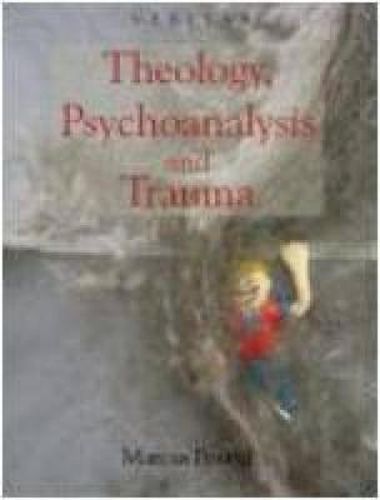Readings Newsletter
Become a Readings Member to make your shopping experience even easier.
Sign in or sign up for free!
You’re not far away from qualifying for FREE standard shipping within Australia
You’ve qualified for FREE standard shipping within Australia
The cart is loading…






This title is printed to order. This book may have been self-published. If so, we cannot guarantee the quality of the content. In the main most books will have gone through the editing process however some may not. We therefore suggest that you be aware of this before ordering this book. If in doubt check either the author or publisher’s details as we are unable to accept any returns unless they are faulty. Please contact us if you have any questions.
Marcus Pound’s book develops a specifically theological form of psychotherapy rooted in liturgy and arising from engagement with postmodern psychoanalysis. Jacques Lacan’s claim that ‘the unconscious is structured like a language’ radically challenged psychoanalysis and Pound uses this as the basis for his work in this volume. Postmodern psychoanalysis has been anticipated by theology, and Pound goes further in this claim to argue there has been a return to theology in psychoanalysis
$9.00 standard shipping within Australia
FREE standard shipping within Australia for orders over $100.00
Express & International shipping calculated at checkout
This title is printed to order. This book may have been self-published. If so, we cannot guarantee the quality of the content. In the main most books will have gone through the editing process however some may not. We therefore suggest that you be aware of this before ordering this book. If in doubt check either the author or publisher’s details as we are unable to accept any returns unless they are faulty. Please contact us if you have any questions.
Marcus Pound’s book develops a specifically theological form of psychotherapy rooted in liturgy and arising from engagement with postmodern psychoanalysis. Jacques Lacan’s claim that ‘the unconscious is structured like a language’ radically challenged psychoanalysis and Pound uses this as the basis for his work in this volume. Postmodern psychoanalysis has been anticipated by theology, and Pound goes further in this claim to argue there has been a return to theology in psychoanalysis